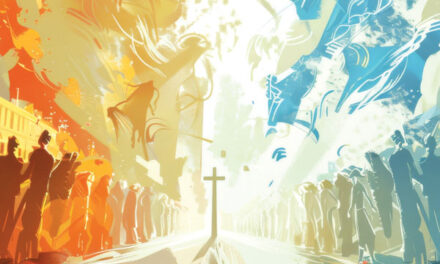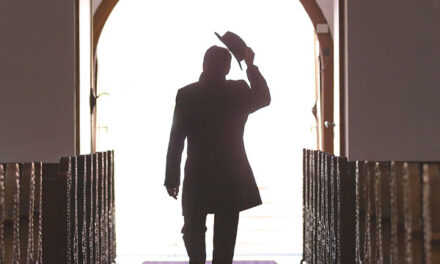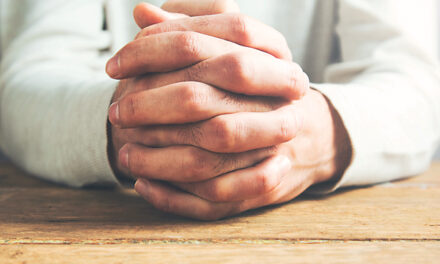Some of my most rewarding years in chaplain work were spent as chaplain for women and children at Sutter Medical Center from 2002 to 2008.
My rounds often took me onto the high-risk maternity unit. Rooms were filled with scared, pregnant women whose doctors confined them to bed in hopes of avoiding a miscarriage.
One afternoon, our unit secretary, Jeannette, told me about a patient expecting twins. Her 23-week pregnancy was threatened by severe complications.
“Her husband is a youth minister, so she has a lot of church friends in her room now,” Jeannette told me.

Jeannette’s quiet demeanor meant she was worried. “Maybe you could go introduce yourself. Might help if things go south.”
Inside the room, the minister greeted me with the typical chorus of religious platitudes.
“These twins are in God’s hands. I’m not worried,” he said in a dismissive manner. “We know God will heal these babies.”
I was nearly convinced. The room was adorned with religious books, greeting cards and Bibles. The family played sacred music and wore pious jewelry.
I took the minister’s hint and excused myself, figuring my time would be better spent elsewhere.
Forty-eight hours later, I returned to the nurses’ station. Jeanette whispered, “They’re really going to need you now, chaplain. The twins didn’t make it.”
“They’ll need me, but will they want me?” I muttered.
Jeanette dared me to “give it a shot.”
I said, “I’m betting they don’t give me five minutes.”
Prayerfully, I entered the room. It’s a risk going where you aren’t wanted, even when you wear the chaplain’s badge.
The room was a stark contrast from its previous state. Gone were the church visitors and religious music.
The couple remembered me and invited me to sit.
“We’ve been in church work for years,” the pastor said. “Why couldn’t God help us?”
For a moment, I assumed they didn’t want a chaplain. I leaned forward to signal my willingness to leave. Yet they continued to unload.
“No, chaplain, stay,” insisted the grieving mother.
They wanted someone to hear the case they’d built against God, so I stayed and listened.
They believed God shortchanged them. They swore they’d never return to church. God wasn’t fair. We deserve better. Is God really love? If God loves us, why does he hurt his children?
I was uncomfortable, but stayed through the barrage, listening to it all.
My visit lasted 45 minutes. During the next few days, I was invited for more visits. I lost my bet with Jeanette.
When our patient was discharged, her youth-pastor husband said to me, “You probably wonder why we let you stay after we’d dismissed our congregants.”
I did.
“You were the only one willing to listen to our gripes about God,” he said.
“I was taken by your honesty,” I said. “You voiced your complaints directly to God. Often people aren’t that authentic. Instead of telling God exactly what they are feeling, they talk smack about God behind his back.
“I think God understands your talk. After all, God saw his son die, too.”
They nodded and thanked me for not trying to change their minds or judge them.
“Just make sure you keep up the conversation with him,” I said.
I phoned a few times and found they were still having daily conversations with God. And while those conversations didn’t sound much like usual church prayers, I know God heard every word.
I bet Jeanette I wouldn’t be allowed into the couple’s room, much less their lives. But because I listened without trying to defend or explain God, the couple allowed me a place in their sacred grief.
That’s a gamble I’ll take every time.
Norris Burkes can be reached at comment@thechaplain.net. Follow us on Facebook and Instagram: @insidesacramento. Burkes is available for public speaking at civic organizations, places of worship, veterans groups and more. For details and fees, visit thechaplain.net.















